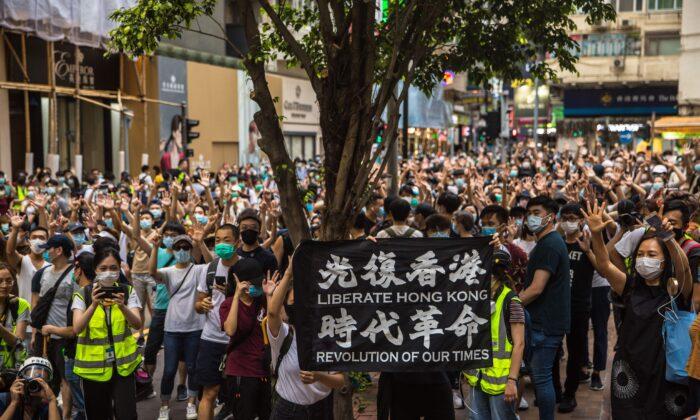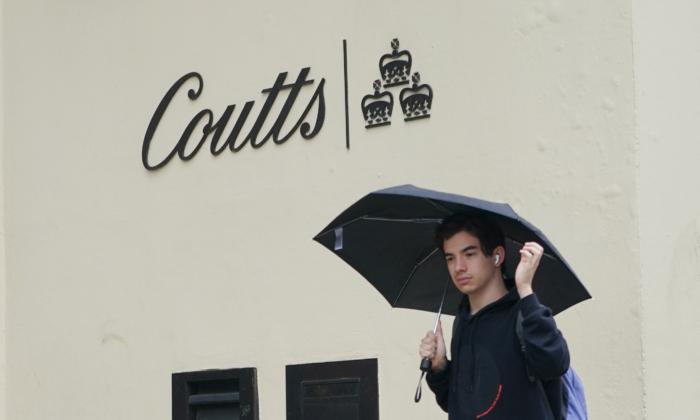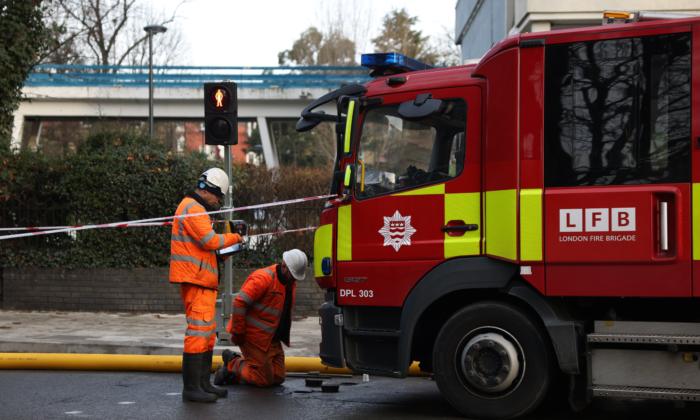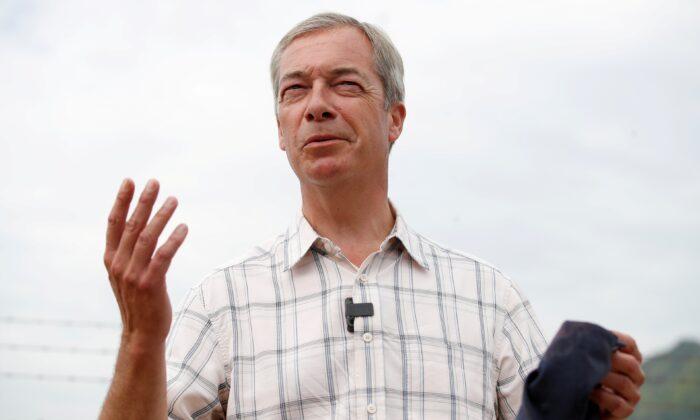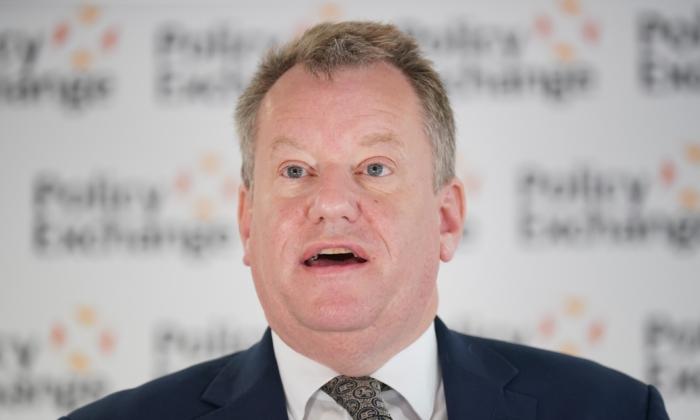Twenty-four Hong Kong pro-democracy activists have written to European Union leaders and lawmakers urging them not to sign the EU–China investment pact unless the Chinese regime repeals its National Security Law for the former British colony.
“Given that Beijing is in the process of rewriting Hong Kong’s electoral system in direct contravention to its international obligations under the Sino-British Joint Declaration, is currently undertaking mass arrests and trials of pro-democracy lawmakers and activists under the draconian National Security Law, and is infringing on basic freedoms guaranteed both under the Basic Law and the International Covenant on Civil and Political Rights, we do not see how the EU can move ahead with ratification of this investment treaty,” the letter said.
“It is simply absurd for the EU to expect China to uphold its obligations under a new bilateral investment treaty, when it is openly floating [sic] its current obligations to the international community to guarantee the autonomy and freedoms of the people of Hong Kong.”
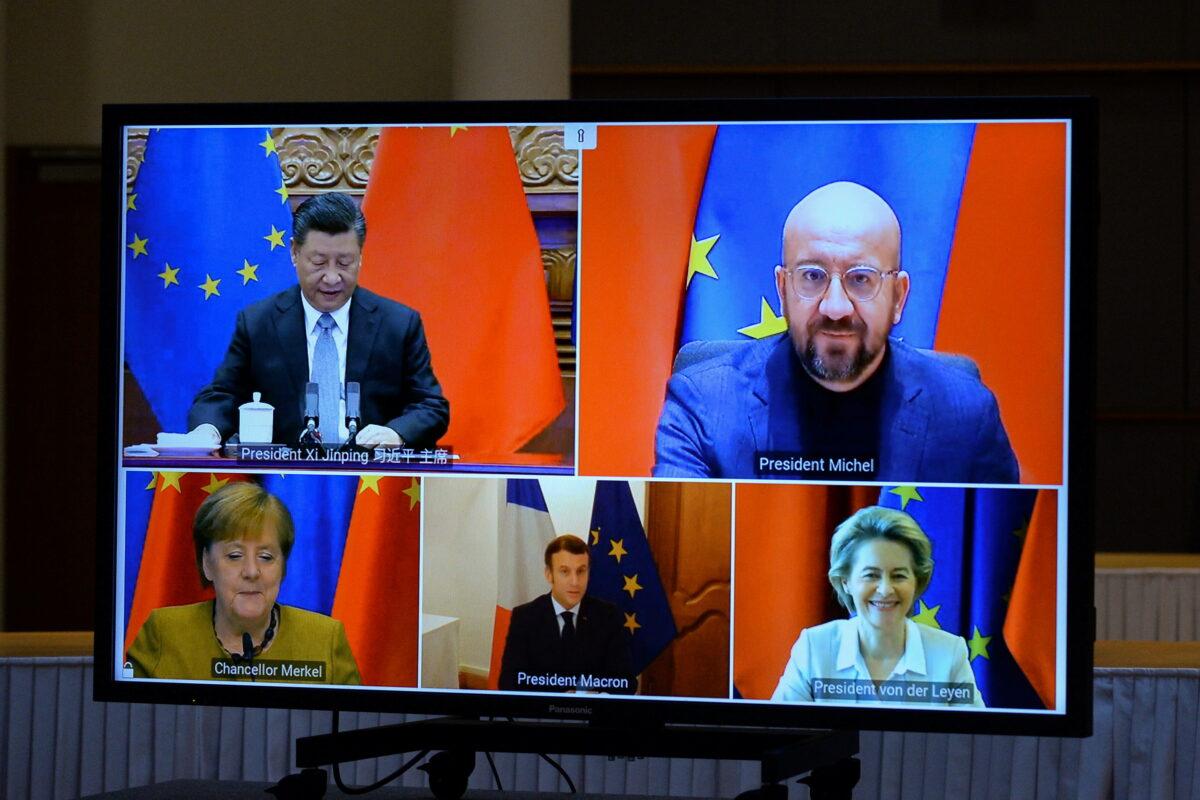
The deal, which was seven years in the making, was concluded after the communist regime made commitments to expand market access for European businesses and to improve China’s labor standards.
Ted Hui, a former Hong Kong Democratic Party lawmaker who now lives in exile in Australia, urged EU leaders to “search their conscience” and “ask whether the last few weeks of oppression in Hong Kong will continue if they push ahead with the ratification of the EU-China investment partnership.”
Ray Wong, the first refugee from Hong Kong to receive asylum in Germany, said the deal “will weaken the bloc’s ability to take a principled stand” on the oppression in Hong Kong and Xinjiang.
